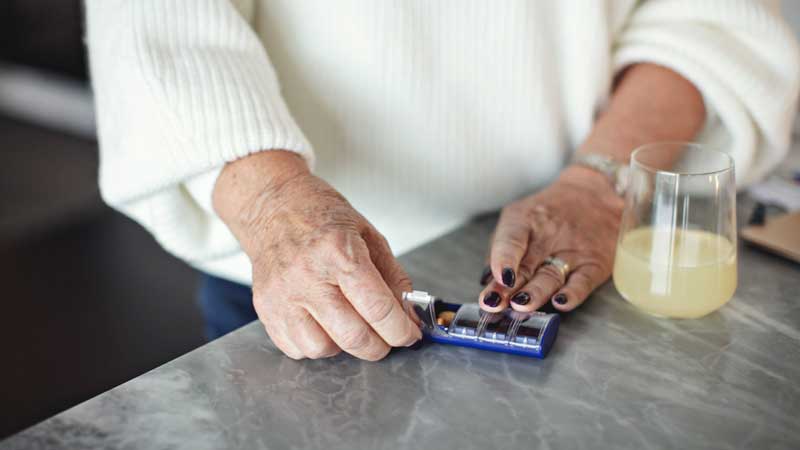Medications for Heart Valve Symptoms

How do medications help people with valve problems?
People who are diagnosed with heart valve disease may be prescribed medications to help relieve symptoms and decrease the risk of further problems.
Can I take medications instead of having a valve procedure?
Although medications can serve a very important purpose, there is no medication that will stop a valve from leaking. Likewise, there's no medication that will open a valve that's too constricted.
Still, there are times when the medication is determined to be the best course of action. This decision may be most appropriate for someone whose valve condition is very mild or for a person for whom surgery is not an option.
When should heart valve repair or replacement be considered over medications?
If your valve disease progresses, surgical treatment may be necessary. Your health care team can help you understand and evaluate options for heart valve repair or valve replacement surgery.
Below are some of the types of medications that heart valve patients may be prescribed.
| Medication Class | Purpose for a Valve Disease Patient |
| ACE inhibitors and ARBs | Vasodilator: Opens blood vessels more fully and can help reduce high blood pressure and make it easier for your heart to pump. |
| Anti-arrhythmic medications | Helps restore a normal pumping rhythm to the heart. |
| Antibiotics | Can help to prevent the onset of infections. |
| Anticoagulants (*blood thinners) | Reduces the risk of developing blood clots from poorly circulating blood around faulty heart valves. Blood clots are dangerous because they can lead to stroke. |
| Beta-blockers | Can reduce the heart's workload by helping the heart beat slower. |
| Diuretics ("water pills") | Reduces amount of fluid in the tissues and bloodstream, which can lessen the workload on the heart. |
| Vasodilators | Can lower the heart's work by opening and relaxing the blood vessels. |
Additional resources:
- Print our medicine chart to help you keep track (PDF)
- Also available in Spanish (PDF)





